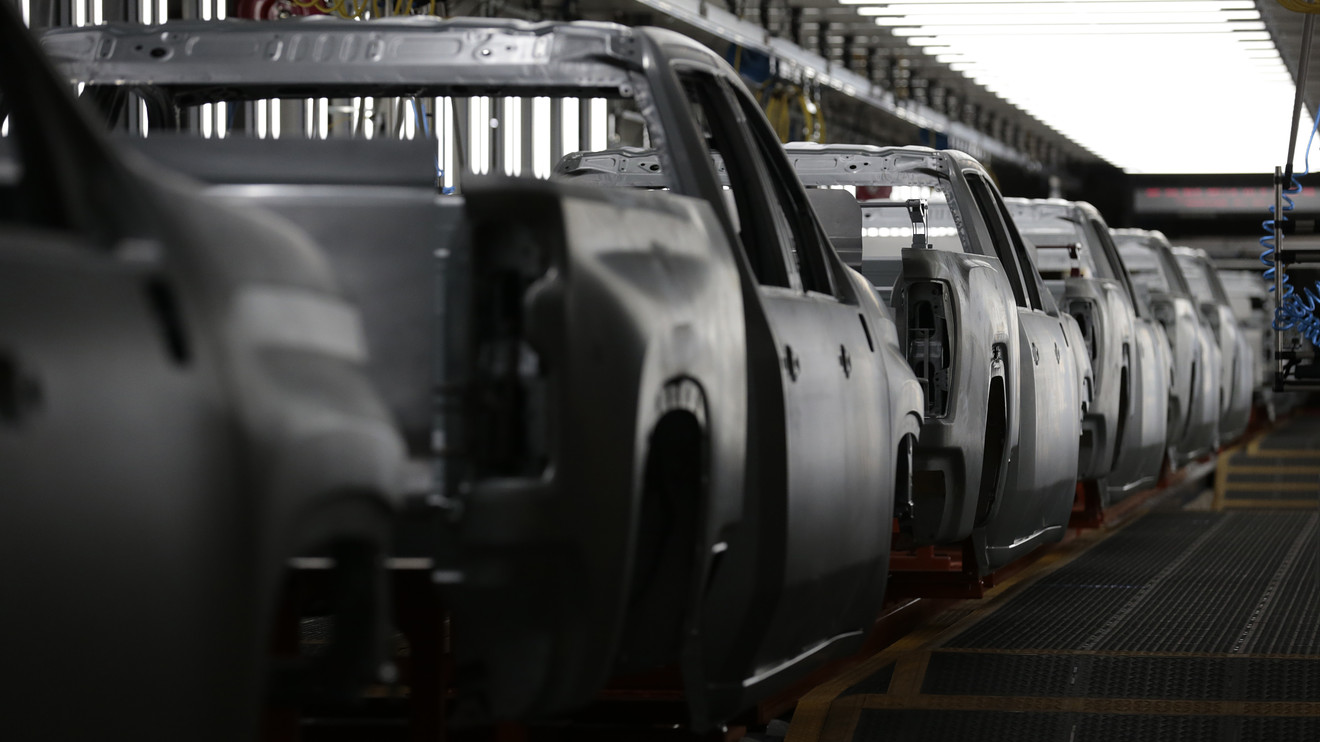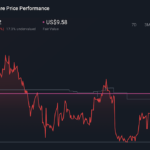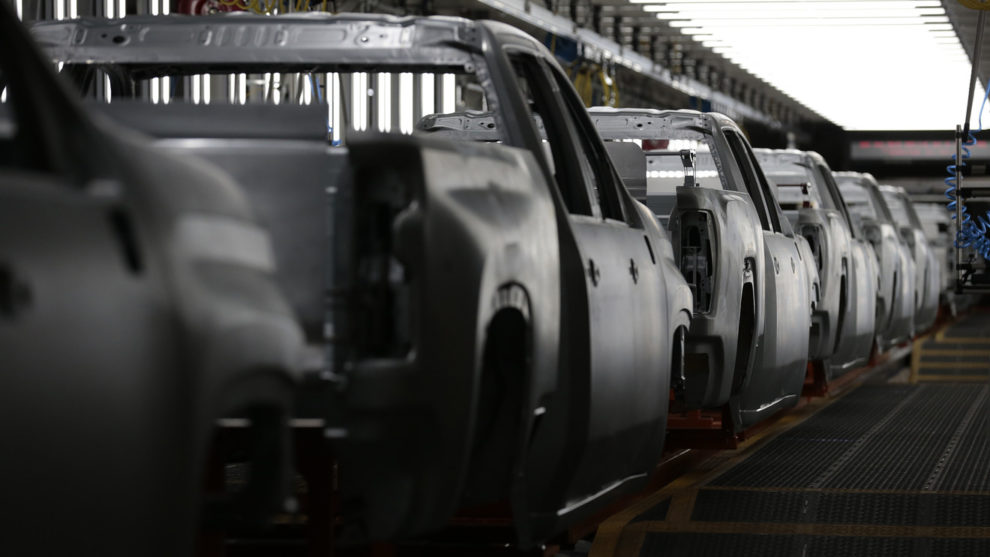
Automobile-loan delinquencies are at a record high, but experts say this may not impact your ability to get a loan for your car purchase.
In the fourth quarter of 2019, the outstanding balance on automobile loans and leases hit a record high of $1.33 trillion, according to data from the New York Federal Reserve, up nearly 5% from the year-earlier period.
Some $66 billion, or 5% of the outstanding loans, are over 90 days delinquent, up from $57 billion for the same period last year and $35 billion a decade ago.
“The scale of auto loans compared to subprime mortgages isn’t comparable,” said economist Douglas Holtz-Eakin, the president of the center-right think tank American Action Forum. “They just aren’t big enough to threaten the entire U.S. economy,” said Holtz-Eakin, who served under the first Bush administration and advised the late Sen. John McCain’s 2008 presidential campaign.
Automobile loans are only 7.4% of household debt, according to Holtz-Eakin’s calculations of New York Fed data. What’s more, subprime borrowers account for 22% of outstanding automobile-loan debt, New York Fed data from 2019 shows. A year earlier subprime borrowers accounted for 24% of that share.
Related: The states — mostly in the South — that are burdened with the biggest car loans
Still, it is important to pay attention to subprime borrowers, who typically have poor credit scores, because they are at greater risk of default, Holtz-Eakin said. If these borrowers consistently missed more payment, “it would be a problem,” he said.
Some 85% of new cars in the U.S. are financed with a loan or a lease, according to Experian EXPGY, +0.27% . The average price of a new car has risen over the past decade from $28,600 in 2009 to $37,200 in 2019, according to the automotive information site Edmunds.
The value of the average subprime auto loan is $30,633, according to Experian data from the third quarter of 2019. Subprime borrowers, whom Experian identifies as those with credit scores between 501 and 600, pay an average of $574 a month.
Also see: More borrowers are getting rejected for auto loans
Data from lenders such as Ford Motor Credit F, -1.74% , General Motors Financial GM, -1.81% and Toyota Financial Services TM, -0.05% appear to tell a different story.
In the past decade, Ford’s 60-days-and-over delinquency rates have not risen above 0.17% for U.S. borrowers, according to the company’s 2019 fourth-quarter report. Toyota reports a slightly higher 60-days-and-over rate of 0.43% in the U.S. as of December. GM reported a rate of 1.8% in the fourth quarter for global delinquencies of 61 days or more. The company doesn’t publicly disclose these figures for the U.S.
The three companies did not comment on the recent Fed data.
Automobile-purchase lenders like Ford are likely able to maintain low delinquency rates because of “a sound risk-based pricing strategy,” said Matt Erickson, director at Wilary Winn, a financial consulting company based in St. Paul, Minn. Meaning they set high enough interest rates on their loans to deter high-risk lenders, typically those with low credit scores.
Companies that are not “fully covering credit risk in their pricing strategy need to tighten up their underwriting,” he said, “if credit losses begin to negatively impact performance.”
The National Automobile Dealers Association did not respond to a request for comment on the future supply and demand for automobile loans.
div > iframe { width: 100% !important; min-width: 300px; max-width: 800px; } ]]>







